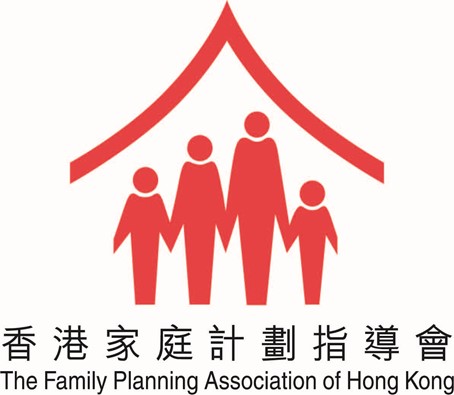

| 31 March 2016
Family Planning Association of Hong Kong
The Family Planning Association of Hong Kong (FPAHK) was 1 of the 8 founding Member Associations of IPPF. It was established in 1950 and has a distinguished history as one of the foremost proponents of sexual and reproductive health (SRH) and the belief that good family planning is an essential component in the health and well-being both of the individual and society as a whole. FPAHK works through 16 service points, including 9 permanent clinics, 1 mobile facility and 7 community-based distributors/community-based services (CBDs/CBSs). Its services include contraception, abortion, pre-marital and pre-pregnancy check-up, cervical cancer screening, STI and HIV-based work and treatment/consultation on subfertility, menopause, and erectile dysfunction. The organization also offers counselling to young people and couples with emotional or relationship issues. The Member Association also provides family life and sexuality education to students and training to parents, teachers and related professionals. It conducts clinical and sociological research in areas pertaining to fertility regulation and population. It raises public awareness of the importance of SRH through various mass media channels and campaigns. Its 7 Women’s Clubs collaborate with key community partners to promote healthy, happy and harmonious families at the grassroots level. It advocates and contributes to government health policy in areas such as HIV and AIDS. Website: www.famplan.org.hk

| 31 March 2016
Rahnuma-Family Planning Association of Pakistan
Rahnuma (formerly the Family Planning Association of Pakistan or FPAP) started serving poor and marginalized people in Pakistan as the Family Planning Association of Pakistan (FPAP) in 1953. After over 50 years of momentous achievements, the FPAP felt that its name did not fully reflect the scope of its work. It renamed itself ‘Rahnuma’, an Urdu word meaning 'one who shows the path and provides direction'. Rahnuma was one of the pioneers in providing family planning services and advocating for spacing of childbirth and for smaller families. The government later embraced the cause by establishing the Ministry of Population Welfare. In the space of a decade, Rahnuma grew from a single clinic, based in 1 room in Karachi, to a large-scale operation with an infrastructure of district branches offering model clinics and information and educational facilities. Today, the network operates nearly 5,000 service points, comprising 118 permanent clinics, 11 mobile units, 191 associated clinics and over 2,000 community-based distributors/services (CBDs/CBSs). It also handles referrals to over 2,143 private physicians. Rahnuma has developed innovative programmes to increase access to high-quality, affordable health services. It has advocated for a rights-based approach to sexual and reproductive health (SRH), for the empowerment of particular groups within communities (especially women and young girls), and for the strengthening of civil society in Pakistan. As the sexual and reproductive health and rights (SRHR) agenda has shifted over the years, Rahnuma has increasingly embraced SRHR in the context of national development and poverty alleviation, owing to the direct connection between socio-economic conditions and health and well-being. Contacts Website: http://www.fpapak.org Facebook: https://www.facebook.com/rahnuma.fpap.9 Twitter: https://twitter.com/Rahnuma_FPAP







